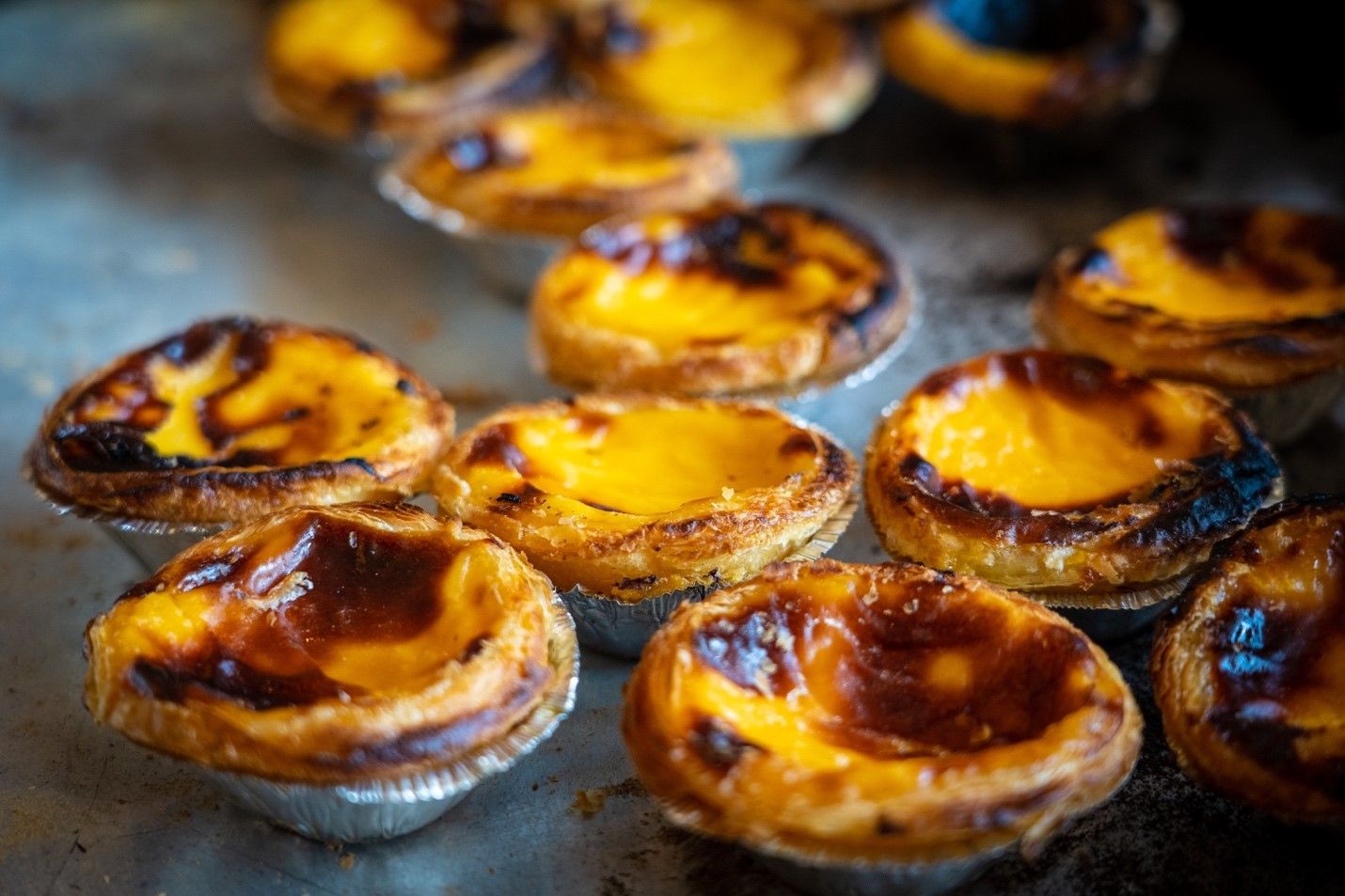11 Portuguese Traditions and Customs you don’t know about

Located in the Iberian Peninsula of southwestern Europe, the Portuguese republic is one of the best places to visit. Portugal is predominantly Roman-catholic, with a rich history of different art cultures and religions. In modern times, the country has undergone a renaissance in its art and culture. Some of its cities like Lisbon (it's capital), Porto and Guimarães are popular tourist destinations. The Portuguese boast of having many cultures due to many influences, for example, the Vikings, the Sephardic Jewish, the Celtic and so on. We will now present several traditions and customs you should know about before your relocation to Portugal. What are some Portuguese traditions? The people of Portugal have a rich history of tradition; while some can be said to be old and morbid, others are colourful and interesting. Some of which are:
1. Ceramic and swallows
If one were to work down the streets of Portugal, one would notice some shops having a flock of ceramic swallows on the walls of the shop, on the walls of some buildings, and even in some homes. Rafael Bordalo Pinheiro, a famous handicraft, started this tradition to symbolise loyalty and good luck.
2. The famous Rooster
The famous Barcelos Rooster of Portugal is an unofficial symbol that signifies "a love life." A Gracian pilgrim from the 15th century who was hung but later found to be innocent of the crimes.
3. Blue and white hue
A symbol of Portuguese maritime history, this tradition has its history from Dutch masters who used large panels of blue and white tiles to attract interested Portuguese clients.
4. Exotic Dishes
The Portuguese have a variety of cuisines and dishes that are delicious and exquisite. The most famous dessert in Portugal is pastel de nata (custard tart). The Portuguese consume a lot of seafood, including fish, lobster, sardines, octopus, and eels. Plant-based meals like potato, rice and beans are taken with meat or beef.
5. Dances
The proud people of Portugal have very popular traditional dances that show the culture of the different regions. Some of the popular dances are: • Pauliteiros de Miranda dance from the Terras de Miranda region: This dance is performed by at least eight men who dance to bagpipes and other instruments. • Caretos de Pondence of Alto Douro Region and Trás-os-Montes region: the dancers wear crown bells around their waist and move to the sonorous 'Caretos' sound.
6. Handcrafts
Beautifully woven handicrafts are also part of the rich history of the Portuguese. An example is the Arraiolos carpet from the 16th century, made from the traditional stitch "Ponto de Arraiolos".
7. Wine
The Portuguese make liquored wine from fermented grapes. This wine is made through a special fermentation process while the grape spirit is continually added over 2-3 days.
8. Night café
The Portuguese are known for the culture of drinking coffee from very early in the morning to when it's pitch dark at midnight. Drinking café and talking to their neighbour.
9. Sport
The Portuguese are sports lovers, with football or soccer as the most popular sport. Some notable names from Portugal are Cristiano Ronaldo and Eusébio, to name a few. Some of the great rivalries in Portugal are between Sporting and Benfica. Another popular sport in Portugal is watching bullfighting. A bull charges at a man in a bull ring, and the crowd chants as they watch the outcome.
10. Traditional Portuguese Tiles
Almost everywhere in Portugal, colourful tiles create a fairytale-like atmosphere of royalty. Its origin dates back to the eighth century when Portugal was still an Islamic country. The “azulejos”, as they are popularly referred to in Portugal, are locally produced tiles used to cover the walls or beautify various edifices. The history of the Portuguese tiles dates back to the 6th century from various Spanish and Flemish works. The dimension of these tiles is 15 by 15 centimetres. These beautiful tiles in various shapes and sizes show the rich history of the Portuguese people.
11. Tourism
The beautiful land of Portugal is a popular tourist destination. The rich history and culture and the diversity of different people from regions over the country give rise to various people. The various carnival and festivals celebrated across the country unite the people of Portugal into big families, e.g. Christmas.
